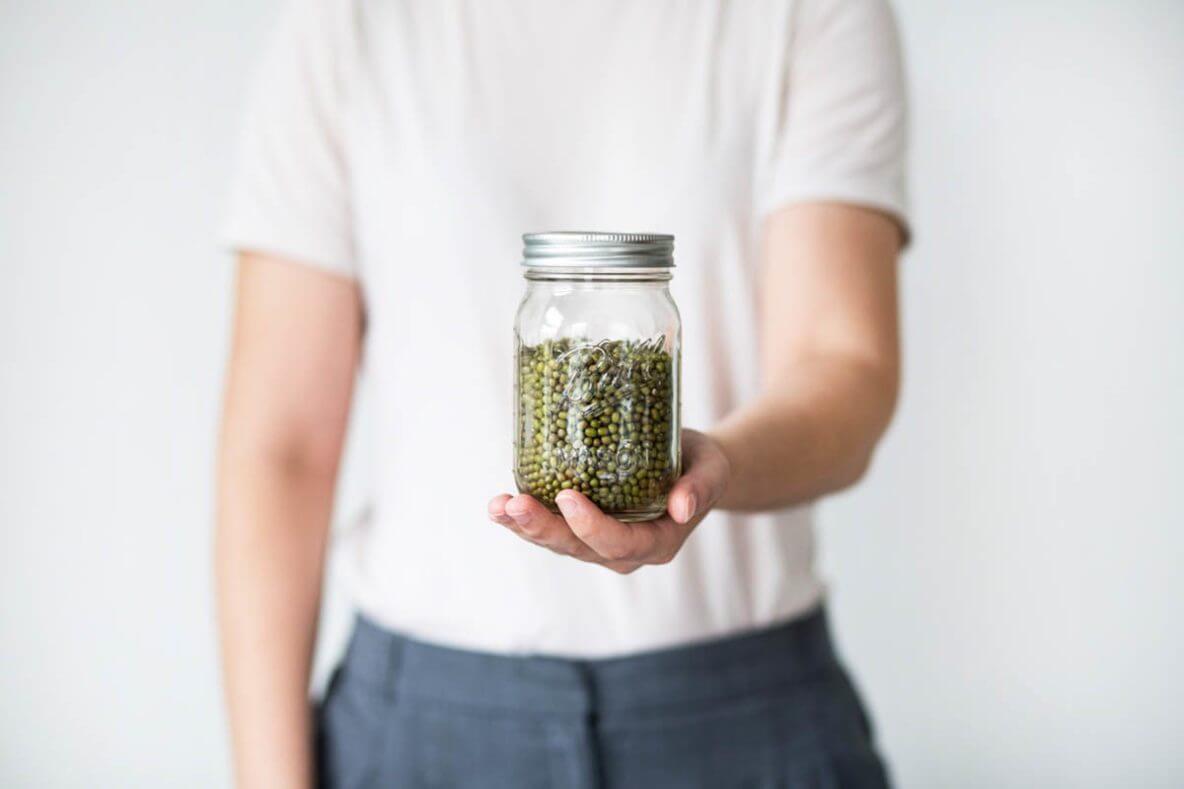
Inhaltsverzeichnis
The zero-hat lifestyle
By now, we all have an idea of what zero-waste means, and we've already discussed the topic several times on this blog. However, today I'd like to take a closer look at what the zero-waste lifestyle is and what it's based on.
What exactly is zero waste?
Zero-waste means living without creating any waste. Realistically speaking, that's not even possible. When we breathe, when we live, we create waste. So, the only way we could live without waste would be to not live at all.
Therefore, the “zero” in zero-waste should be understood as a kind of ideal state, as a goal we want to work towards.
Admittedly, the term "zero-waste" might not be entirely appropriate for this reason. It seems intimidating, incredibly vast, and unattainable. That's why many people on the internet are moving away from this term...
The zero-waste lifestyle encourages us to imitate nature to a certain extent, which produces "waste" in a circular flow and transforms it into something useful. We are thus encouraged to take responsibility for what we send out into the world.
The actual goals of a zero-waste lifestyle are not to produce any waste, but rather:
- To reduce waste and, where possible, avoid its creation
- To use what we have as long and as meaningfully as possible
- And so to appreciate our owners and our property more
Why something has to change
Following these principles can be difficult. We live in a throwaway society that places no value on the natural cycle. Products are made from valuable raw materials and resources, only to be used an average of five times. After these few uses, the products end up in a kind of hole in the ground, where they remain forever. As a society, we assume we have infinite resources at our disposal. And that's precisely the crux of the matter: We don't have infinite resources. Every year there is a "World Overshoot Day."
This is the day of the current year on which human demand for renewable resources exceeds the supply and the Earth's capacity to reproduce those resources in that year.
And we reach this day a little earlier every year: In 2008 it was September 23rd, but in 2018 it was already August 1st. This cannot continue in the long run…
A German produces 0.6 kg of packaging waste per day. That's 220 kg per person per year… This puts us at the top of the list in Europe. While the Americans are significantly worse at 2 kg per day, I think it's clear what dimensions we're talking about here.
Out of sight, out of mind…
Bought, opened, thrown away. Packaging materials often disappear from our minds in seconds. We focus on what's inside the packaging and often fail to realize how significant the packaging itself can be.
Then the garbage collection comes once a week and, whoosh, we no longer have to deal with all that garbage.
So we never really have to deal with our consumption.
But the zero-waste lifestyle is far too…
… incomprehensive?
Some people complain that the zero-waste lifestyle is far too restrictive. They also argue that it doesn't cover enough areas and doesn't address issues like climate change, environmental racism, or the ecological footprint.
The thing is, all these issues are interconnected. If climate change weren't an issue, the zero-waste movement probably wouldn't exist on this scale. All these issues are closely intertwined and, to some extent, mutually dependent. A lifestyle that strives to produce as little waste as possible does indeed encompass many of these things!
… perfectionist?
As already mentioned at the beginning, the term “zero-waste” is perhaps a bit too idealistic. Even if the goal behind the term can never be truly achieved, the term nevertheless embodies a goal that at least worked towards can be.
"No one will ever be able to live completely without waste," critics argue. While that may be true, it's no reason not to focus on accumulating and creating less waste.
The zero-waste lifestyle isn't about perfection. It's about making better choices. We're all human. We all do our best, and that's okay. It's clear that you can't just live without producing a lot of waste from now on. That takes time and effort. Nevertheless, every beginning is a beginning.
With the zero-waste principle, we want to fundamentally change our consumer behavior: Recognize the value of our belongings. Focus on life itself instead of collecting junk we don't actually need.
The 5 R's of the zero-waste lifestyle offer a very clear approach. this In this blog post, I'll go into each of the 5 R's in more detail. There, you'll learn how you can use them to make good decisions. Because as a consumer, you have more power than you initially think—it starts with us.
If you would like to learn more about sustainability, mindfulness or healthy eating, take a look here over.









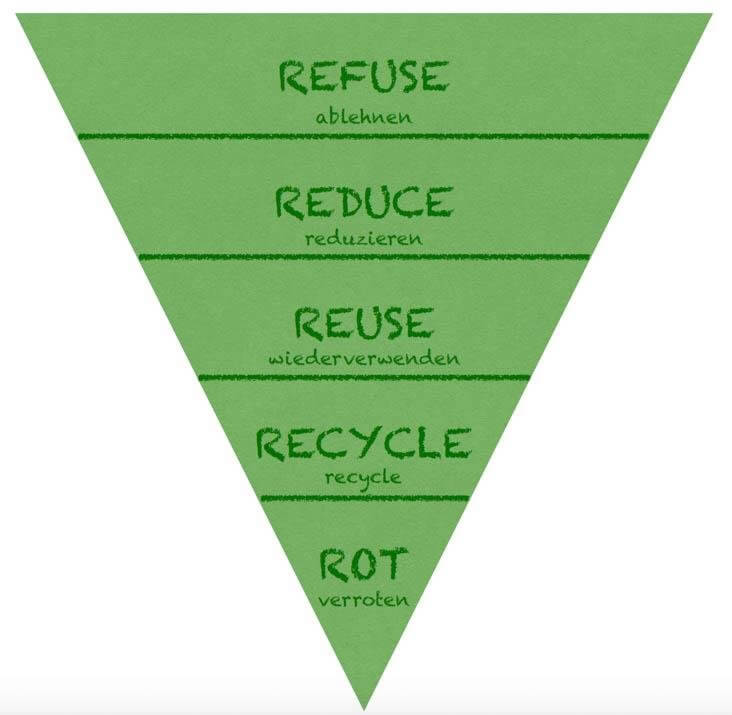

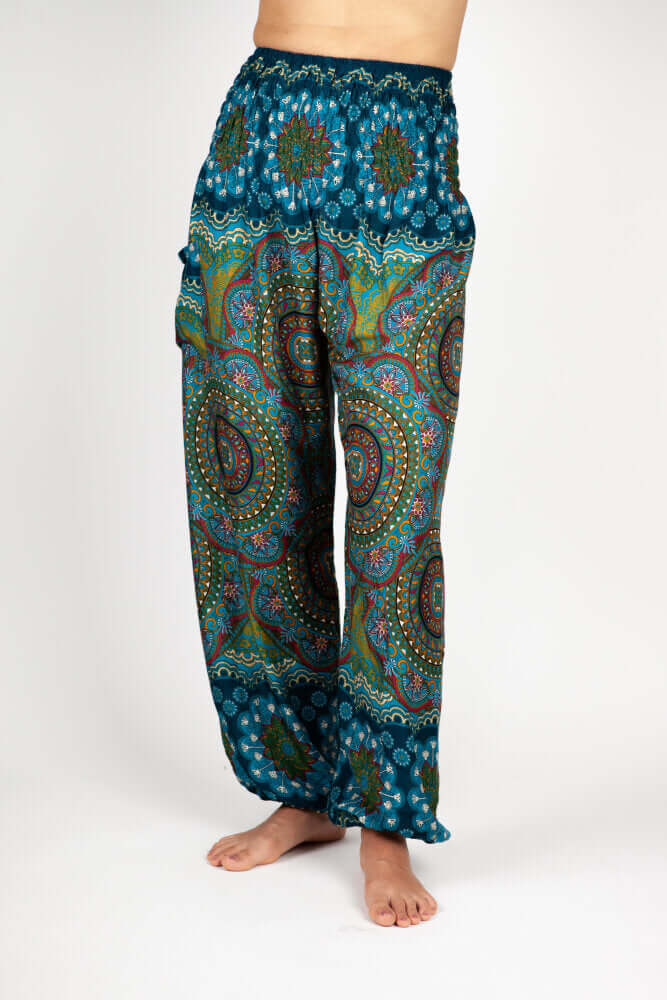
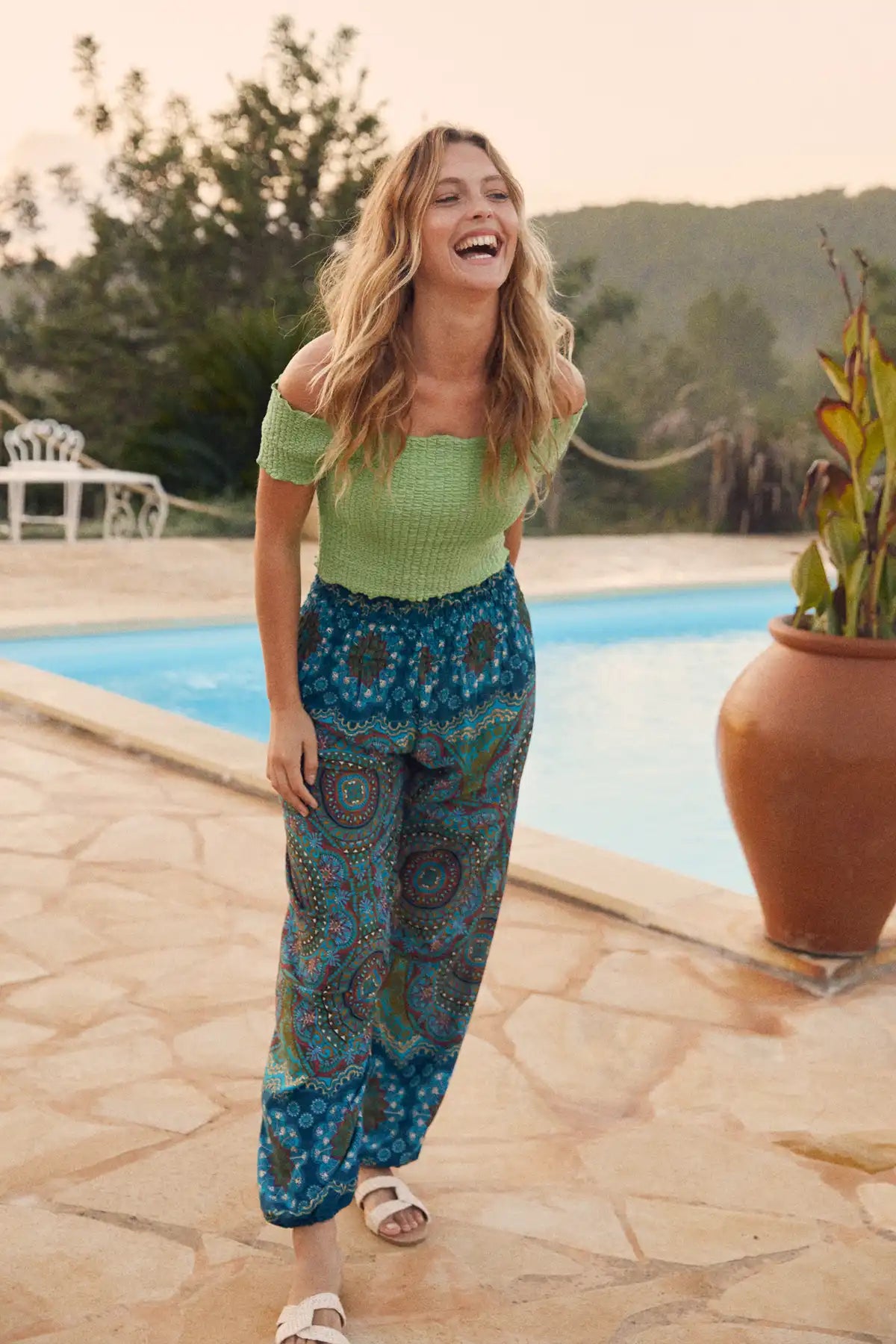














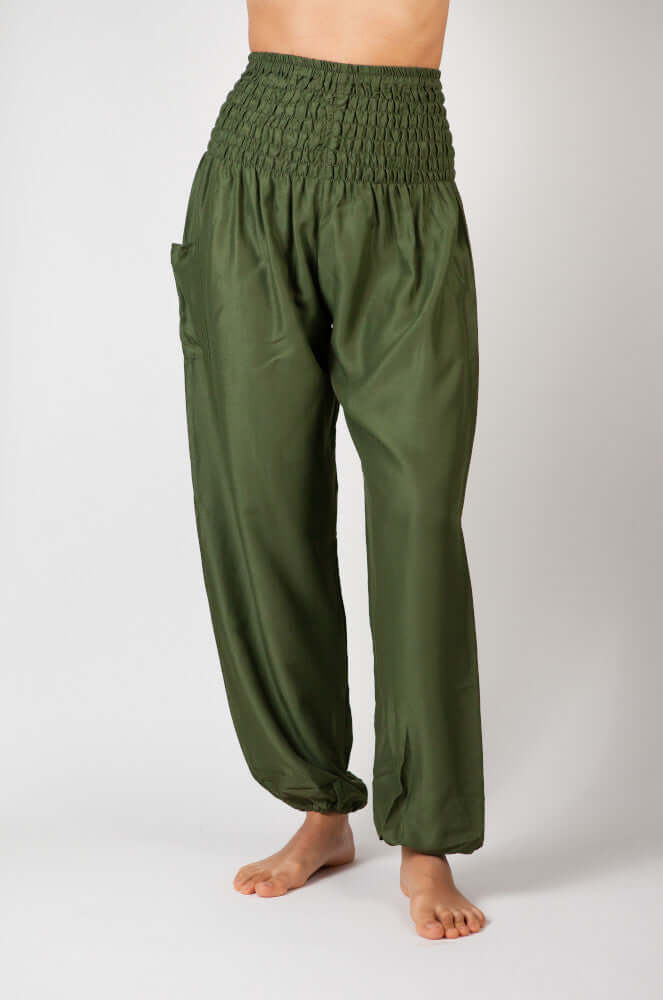

Leave a comment
This site is protected by hCaptcha and the hCaptcha Privacy Policy and Terms of Service apply.